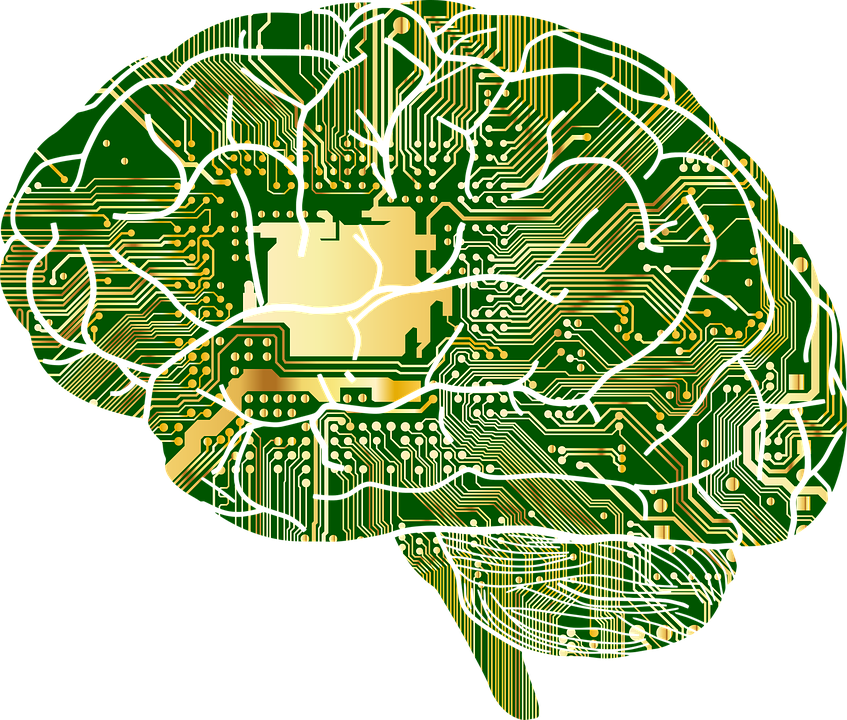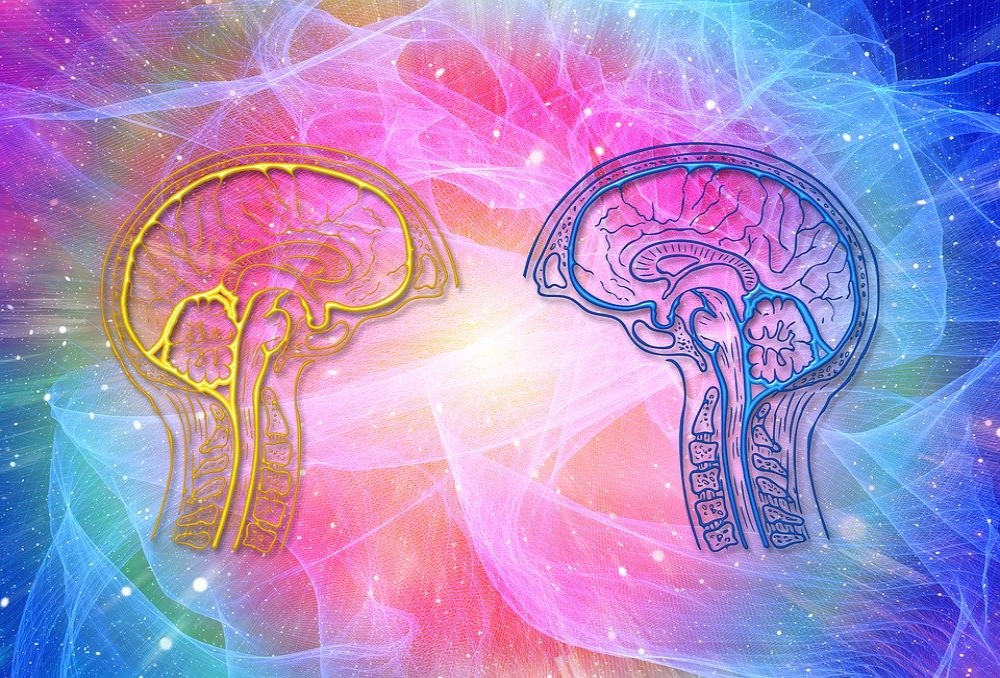Affection recognition technology, commonly known as emotional recognition technology has been increasing in popularity in its usage. The artificial intelligence branch can detect and predict human emotions from images or motion pictures.
The technology, however, has come under scrutiny on whether it should be used in formal settings to judge people’s emotions. AI Now Institute, an interdisciplinary research center studying the societal implications of artificial intelligence, called for the immediate ban of the technology, especially in its applications for decisions that impact people’s lives.
The institute was very critical of the application of emotional recognition technology in areas such as hiring or pain assessments. They argued that the technology is highly susceptible to inaccuracies, which have longlasting effects on people.
Using emotional recognition technology
The facial recognition technology has been in existence for decades and in 2003, the development of facial expressions started. Since then, AI technology has advanced, and we now can use machine learning capable of analyzing data, learning and making its own decisions.
This technology has been integrated with other optic technologies for reading emotions. However, the critics of the technology argue that it will have an implicit bias of its programmers. To demonstrate this, a study was conducted that showed that emotional recognition technology identified black people as angrier even when they were smiling.
The study was a clear indication of how such technologies can be biased and can lead to severe consequences. The debate on whether to ban them or not, however, is not easy.
The negative impact of blanket policy on technology
Even its most vocal critics can recognize that a blanket policy on technology can also have a negative impact. They argue that some of the functionalities of technologies can be useful, especially when dealing with suicidal teens and other mentally ill people.
However, they have a consensus that such technologies should not be used for hiring individuals or even in criminal sentencing procedures. The inaccuracies and the effect it can cause for such cases is longterm and sometimes irreversible. Therefore, if such a technology is relied on, there will be negative consequences.
Featured image by Pixabay







